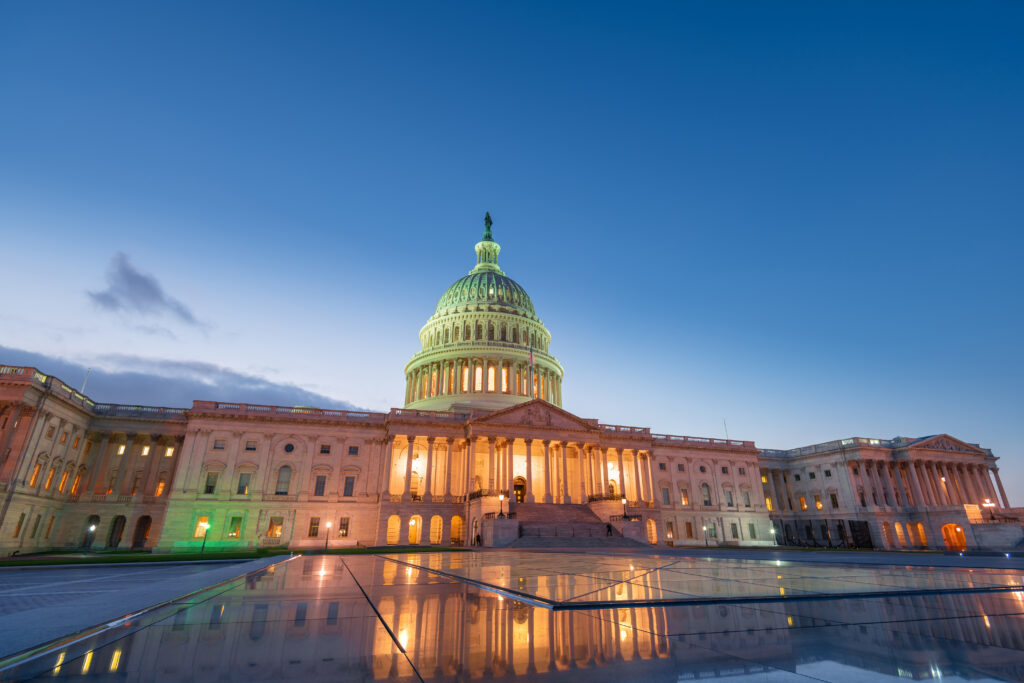Well, the debate was held between Vice President Kamala Harris and former President Donald Trump, and healthcare, particularly the Affordable Care Act (ACA), emerged as a key issue during the final stages of the discussion. Moderated by journalists Linsey Davis and David Muir, the debate highlighted the contrasting views on the potential future of the ACA.
Trump’s Ambiguous Healthcare Plan
Former President Trump, when pressed by Ms. Davis, remained vague about his intentions regarding the ACA. While Trump confirmed that he still envisioned replacing the ACA, his response lacked specifics. He mentioned having “concepts of a plan,” but stopped short of offering detailed proposals. His remarks hinted at potential changes to the law, but only if those changes could offer a “better and less expensive” solution. He further noted that the public would hear more about these concepts in the “not-too-distant future.”
This ambiguity reflects a broader shift within the Republican Party, which, under Trump’s leadership, had long campaigned to repeal the ACA. The former president made several attempts to dismantle the law during his first term, but those efforts failed to gain enough support in Congress, leaving the ACA intact. However, the healthcare debate resurfaced in the 2024 campaign, as Trump took to his social-media platform, Truth Social, to underscore healthcare as a priority issue, renewing his promise to replace the ACA if re-elected.
Kamala Harris and the Biden Administration’s Defense of the ACA
Vice President Harris took the opportunity during the debate to defend and promote the ACA. She pointed to the Biden Administration’s track record in preserving the healthcare law and expanding its reach. Harris underscored the ACA’s protections for individuals with pre-existing conditions and its pivotal role in reducing the uninsured rate.
Harris also highlighted the success of the American Rescue Plan Act (ARPA) of 2021, which temporarily enhanced subsidies for individuals purchasing health coverage through ACA marketplaces. The ARPA subsidies significantly reduced healthcare costs for millions of Americans, making coverage more affordable during the COVID-19 pandemic. These subsidies are currently set to expire at the end of 2025, but Harris reiterated her administration’s commitment to continuing the ACA’s expansion and possibly extending these benefits.
Harris pointed to newly released data that underscores the ACA’s impact on Americans’ healthcare access. According to the Biden Administration, 1 in 7 U.S. residents have gained coverage through the ACA marketplaces since 2014.
Public Opinion and the Future of the ACA
The ACA has seen a notable shift in public opinion since its inception. In November 2016, around the time of Trump’s election, a Kaiser Family Foundation (KFF) tracking poll showed that only 43 percent of Americans held a favorable opinion of the law, while many were critical of the individual mandate and rising premium costs. However, as the ACA continued to provide tangible benefits to millions of people, public sentiment shifted. A more recent KFF survey conducted in April 2024 revealed that 62 percent of Americans now hold a favorable view of the ACA, compared to 37 percent who still view it unfavorably.
The Broader Context of Healthcare Reform
Healthcare has long been a contentious issue in U.S. politics, and the future of the ACA continues to be a central topic in national debates. Trump’s vague references to a new healthcare plan leave many questions unanswered, particularly regarding how his administration would handle key provisions of the ACA, such as protections for pre-existing conditions, Medicaid expansion, and insurance affordability.
Harris, on the other hand, aims to solidify her position as a defender of the ACA, emphasizing the need for stability in healthcare policy and continued efforts to expand coverage.
Conclusion
With millions of Americans covered under ACA marketplaces and new healthcare challenges on the horizon, the debate over the ACA’s future is far from settled. As the 2024 election unfolds, healthcare will undoubtedly remain a pivotal issue for voters, with both candidates offering vastly different paths forward.
EDITOR’S NOTE:
The opinions expressed in this article are solely those of the author and do not necessarily represent the views or opinions of MedLearn Media. We provide a platform for diverse perspectives, but the content and opinions expressed herein are the author’s own. MedLearn Media does not endorse or guarantee the accuracy of the information presented. Readers are encouraged to critically evaluate the content and conduct their own research. Any actions taken based on this article are at the reader’s own discretion.






















